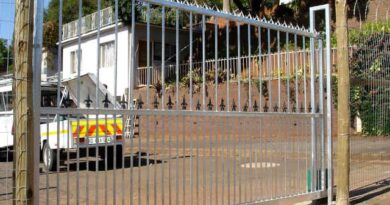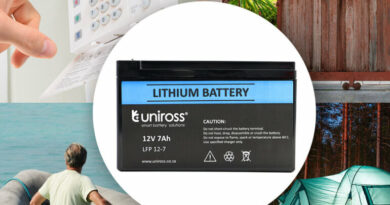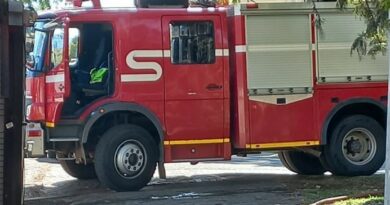Only illegal geysers at risk of “exploding” as a result of water outages
No solar geysers that comply with the South African National Standards (SANS) would burst or explode as a result of prolonged water outages. This according to Arno van Wyk, Managing Director of Solar Hot Water Heating systems supplier, MrSola, disputing recent assertions that Phase One of the City of Cape Town’s Critical Water Shortage Plan could lead to solar water geysers bursting or exploding in affected suburbs.
“Solar geysers and panels that are up to standard simply won’t suffer any major damage during a water outage. Electrical geysers are also only at risk of burning out their element if they are completely empty. In neither of these cases could one reasonably expect an explosion.”
One of the most important points to note, according to Van Wyk, is the fact that all geysers, both electrical and solar powered, need to be fitted with temperature pressure release valves. “These valves open to release water if the temperature inside the geyser exceeds 90 degrees Celsius, or the pressure goes 50 % over the certified working pressure of the geyser. Geysers are pressure tested at 200% of certified working pressure. The valve only closes again after the water temperature falls below 70 degrees. So if no cold water flows into the geyser, the valve remains open and the geyser still cannot burst.”
He adds that the solar panel itself also has a steam release valve, which ensures that pressure does not build up in it if no water circulates. “To prevent scalding if the water in the system gets too hot, a mixing valve is installed. This ensures a maximum hot water temperature of 55 degrees Celsius flowing to the point of use (i.e. shower heads and taps).”
“Some cheaper solar heating systems that operate with vacuum tubes could potentially suffer damage if they do not have water, but luckily there aren’t too many of these in the market. Most of the modern solar heating systems make use of evacuated tube technology, which do not have the same risks,” he adds.
According to Van Wyk, all homeowners need to ensure that their geysers are compliant with SANS codes. “If they are unsure, they need to have a professional inspect their system. In the City of Cape Town, it is a legal requirement that a home’s geyser is compliant and it is a prerequisite if one wants to sell a house.”
Finally, Van Wyk states that there are some precautions that homeowners need to take into account if their water supply is cut off. “Whether it is a solar or an electrical geyser, it is better for their long-term maintenance and care if they are not empty. Therefore, we would advise that if there is a water outage in your area, to only use cold water as far as possible. If you do need to use the hot water, switch off the geyser. This goes for a solar geyser as well, which does of course have an electrical component. Fortunately for them, all MrSola Clients are fully covered by our free, 5 year full maintenance plan” Van Wyk concludes.




